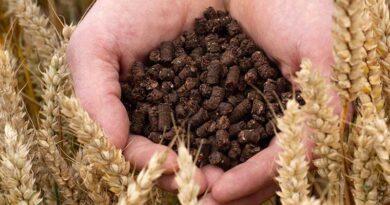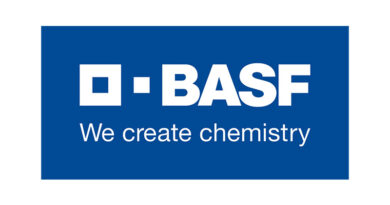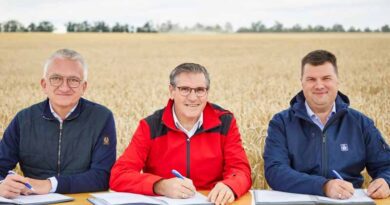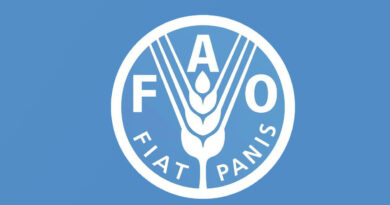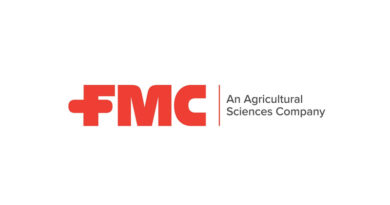ADM Milling’s UK pilot project maps carbon emissions in its wheat supply chain
27 April 2023, UK: ADM, global leader in nutrition, and one of the leading flour millers in the UK, has for the first time calculated the emissions from the production of wheat in its UK supply chain.
The pilot – undertaken by ADM Milling – is also one of the first led by a major food manufacturing company in the UK to calculate the emissions in the production of wheat, recognising that as climate change intensifies, it is vital for companies to understand the level of emissions produced further up their supply chain and take action to reduce their carbon footprint.
Using Map of Ag as a data collection partner, ADM partnered with around 50 farmers to collect data and calculate the carbon footprint of farms’ wheat production based on approx. 25,000 tonnes of wheat harvested last summer, equating to 20 million 1kg bags of flour milled by ADM – the equivalent of roughly 40 million loaves of bread (of 800g each).
The data from year one of the pilot shows that the emissions from the UK farmers involved in the study sits at 302kg CO2e/t*, well below the previously reported standard values for UK milling wheat, which typically fall around 420kg CO2e/t. The next stage of the pilot will involve collecting data from the same group of farmers over the next two wheat harvests to ensure ADM creates a reliable baseline for the company and its customers and to track changes year-over-year.
Nitrogen fertiliser was responsible for the biggest proportion of emissions (on average 75%). However other key sources of emissions included energy use (liquid/gaseous fuel and electricity) and crop residue (the breakdown of crop residues in field by natural processes).
The first set of data gives an early indication of the positive impact of adopting regenerative agricultural practices on reducing farming emissions.
ADM worked with farmers to reinforce the importance of regenerative agriculture methods; these included reduced tillage on the land, growing legumes in rotation to supply nutrients back to the soil, and adding organic fertilisers like manure and digestates.
ADM has made the data available to farmers involved in the study so they can benchmark their carbon footprint against the wider group and has held a feedback session for farmers to discuss group results, explain trends and share insights on how certain regenerative agriculture methods can reduce their carbon footprint.
ADM is also looking to expand the program by incorporating additional acres of farmland which are already growing milling wheat, and the number of growers participating in the pilot – working to support more growers in better understanding the emissions of their crops and taking steps to reduce them.
Jonathan Lane, Managing Director ADM Agriculture said “Farmers are at the centre of what ADM does and their resilience and success is critical to a sustainable food system. This pilot marks another progressive step in ADM’s sustainability journey and long-term commitment to supporting farmers in our supply chain. We want to keep taking steps to help farmers better understand their carbon footprint and reduce their GHG emissions, whilst producing food to feed the world.”
James Daw, a farmer from Staffordshire taking part in the pilot said, “I have farmed my whole life and am deeply committed to looking after the land and environment so it can continue to provide a living for myself and for future generations. 15 years ago I embarked on using regenerative agriculture methods to reduce my footprint and improve the health of my soil – from cover crops, to crop rotation. Now, I’m really excited to work with ADM, to measure the emissions that come from producing wheat on my farm and better understand what further steps I can take to improve my carbon footprint.
Also Read: Two Brothers Organic Farms raises 14.5 crore in Pre-series A with Akshay Kumar and Virender Sehwag
(For Latest Agriculture News & Updates, follow Krishak Jagat on Google News)


